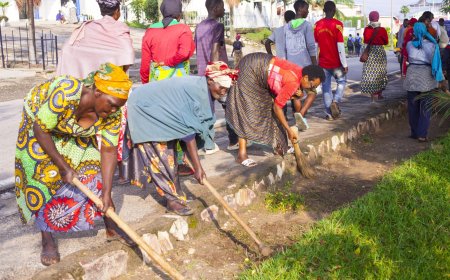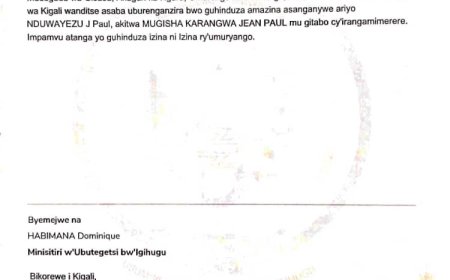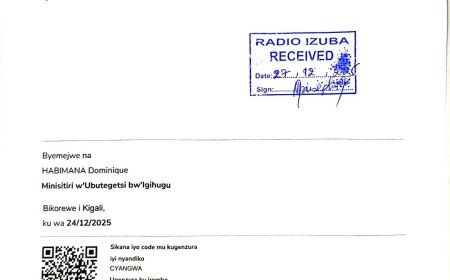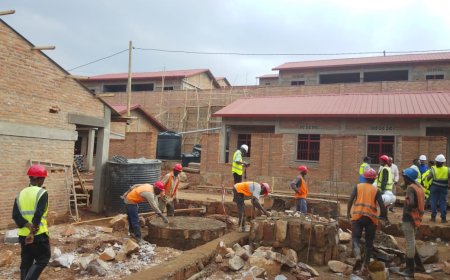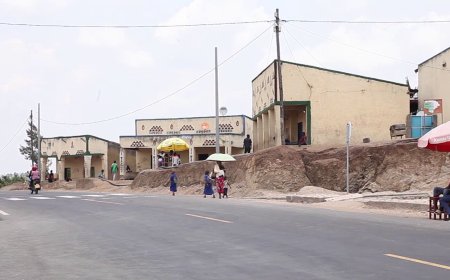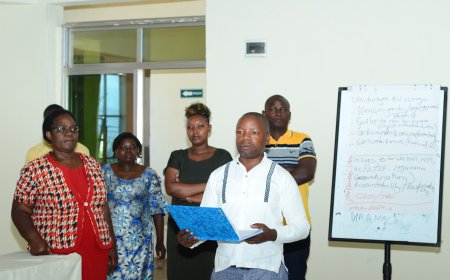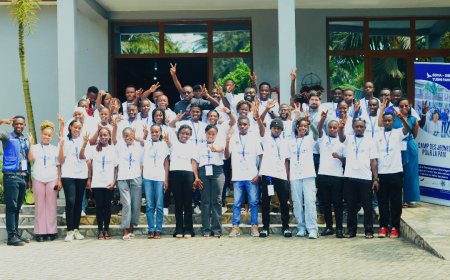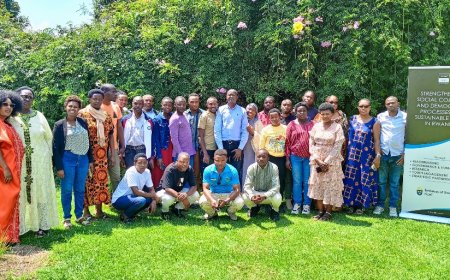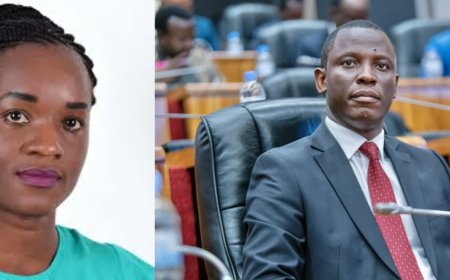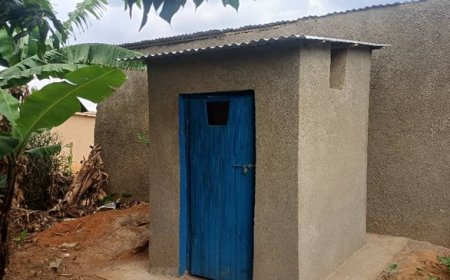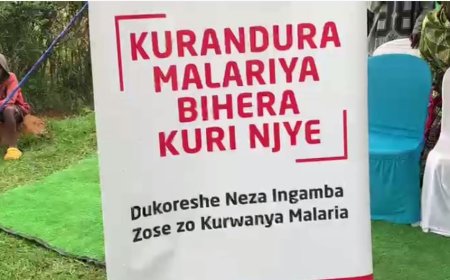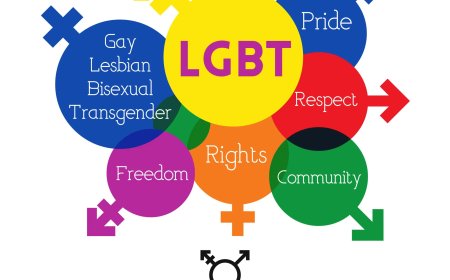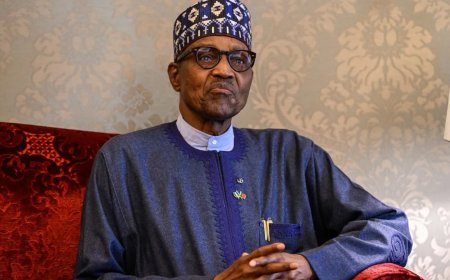RWANDA :Journalists call for policy reform to combat sexual harassment
Journalists are calling for swift and effective action to address sexual harassment in media workplaces, particularly in Rwanda. They argue that there needs to be a stronger emphasis on combating harassment, especially by media executives and those overseeing media activities.
According to Umutoniwase Clarisse a journalist from Izuba radio,journalists are often asked for favors in exchange for job opportunities, such as going to certain places or engaging in activities that may involve financial transactions, which can sometimes put an individual at risk or compromise their integrity .’’ This is concerning because it indicates that the journalist may feel pressured and may often feel obliged to please their friends and bosses, which undermines the integrity of the media. It's a form of exploitation because it exposes the journalist to risks, and they may end up sacrificing their friendships or professional ethics for the sake of job opportunities."She said
Nyirahabimana Cecile from Umucyo radio, also mentioned that, "It's akin to bribery disguised as a job offer because the person who's been harassed won't yield any real benefits from the job they're given since it's not based on merit but rather on what they're willing to do physically. It's essential for the public to know about the working conditions of employees, whether the regulations are followed, and how institutions and supervisors manage employees and ensure their welfare. Rights should be granted to deserving employees."
In response to these challenges, Jane Godia, the director of WAN-IFRA/Women in News Africa, stresses the importance of implementing policies and regulations to address sexual harassment, particularly targeting women who suffer economic losses due to harassment.
She asserts, "It is crucial for media organizations and regulatory bodies to introduce policies and regulations that protect journalists' rights and ensure a conducive working environment. By curbing sexual harassment and holding perpetrators accountable, organizations can foster a culture of respect and professionalism, thereby enhancing the overall productivity and well-being of their employees."
Additionally, John Mugabo, the chairperson of Izuba Community Broadcasting Organization (ICBO), said that they have introduced measures and initiatives to combat sexual harassment within their organization. He mentions the establishment of a committee tasked with monitoring and addressing complaints of harassment to ensure compliance with the law.
Moreover, Natalie Niyonagira, the mayor of Ngoma District, emphasizes the need for political will and comprehensive strategies to combat sexual harassment across all sectors, including the media.
During this period, the Izuba Community Broadcasting Organization (ICBO) launched its sexual harassment policy, underscoring its commitment to combatting sexual harassment and fostering a culture of accountability and respect within the organization. Signed by ICBO's chairperson, John Mugabo, and the executive secretary, this policy aims to establish clear guidelines and procedures for addressing incidents of sexual harassment, signaling a proactive approach to creating a safe and inclusive workplace environment.
Addressing sexual harassment in the media industry is imperative for creating a safe and inclusive workplace environment. It requires concerted efforts from both media organizations and regulatory bodies to implement effective policies, provide support mechanisms for victims, and hold perpetrators accountable.A study conducted by the World Association for News Publisher (WAN-IFRA) across 20 countries revealed alarming rates of sexual harassment, with Rwanda's figures showing that 27% of male journalists and 40.7% of female journalists have been affected.

